Quick facts
- Population: 2,888,558 (2016)
- Capital: Vilnius
- Geographical size: 65,300 km2
- GDP: € 38.637 billion (2016)
- Official EU language(s): Lithuanian
- Currency: Euro
Higher education in Lithuania
- Number of higher education institutions: 47
- Number of students in higher education: 175,100 (2012, Euromonitor International from national statistics/UNESCO)
- Number of international students in higher education: 3,138 (2012, UNESCO)
- Language of instruction: Most higher education programmes in Lithuania are taught in Lithuanian language but you will find many taught in English too
- Typical tuition fees:
- For students from the European Union: From 1,360 Euro per study year.
- For non EU-students: From 2,160 Euro per study year.
- Average length of a full-time higher education programme in Lithuania:
- Bachelor’s degree programme: 4 years
- Master’s degree programme: 2 years
- Doctorate/PhD: 4 years
Overview
At the crossroads of west and east Europe, Lithuania has a unique culture – with a deep respect for traditions and a passion for learning and innovation.
Lithuania is a member of the European Union and NATO, and is among the most bilingual and educated nations in Europe.
However, the cost of living here is lower than in many western European countries, which makes Lithuania great for tourism, education and business.
Universities here offer university-level studies and award Bachelor’s, Master’s, Doctoral degrees. Colleges offer college-level studies and award Professional Bachelor’s degrees. Both universities and colleges can also offer non-degree studies.
University degrees are offered in three cycles: the first cycle is undergraduate (Bachelor), the second cycle is graduate (Master, and/or specialised professional studies), and the third one is postgraduate (Doctoral; residency; postgraduate in the Arts).
The academic year in Lithuania starts in September and ends in mid-June. It is divided into two semesters – spring and autumn. Students can opt to study full-time or part-time. Each study programme is evaluated according to the European Credit Transfer System (ECTS), with each year of study being awarded 60 ECTS credits.
At present there are five research centres operating in Lithuania. In these centres of education, studies and business students are able to prepare final papers for a Bachelor’s and Master’s qualification and write their theses. They are able to perform more extensive scientific research in the laboratories and they are also able to get involved in academic and industrial activity. The upshot of all this is that students raise their qualifications and use the base of academic research more effectively.
The quality of higher education institutions and programmes is assessed externally by the Centre for Quality Assessment in Higher Education.
In Lithuania we believe higher education has to be of a high quality and available to all.
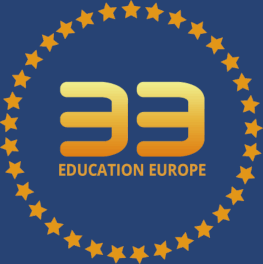

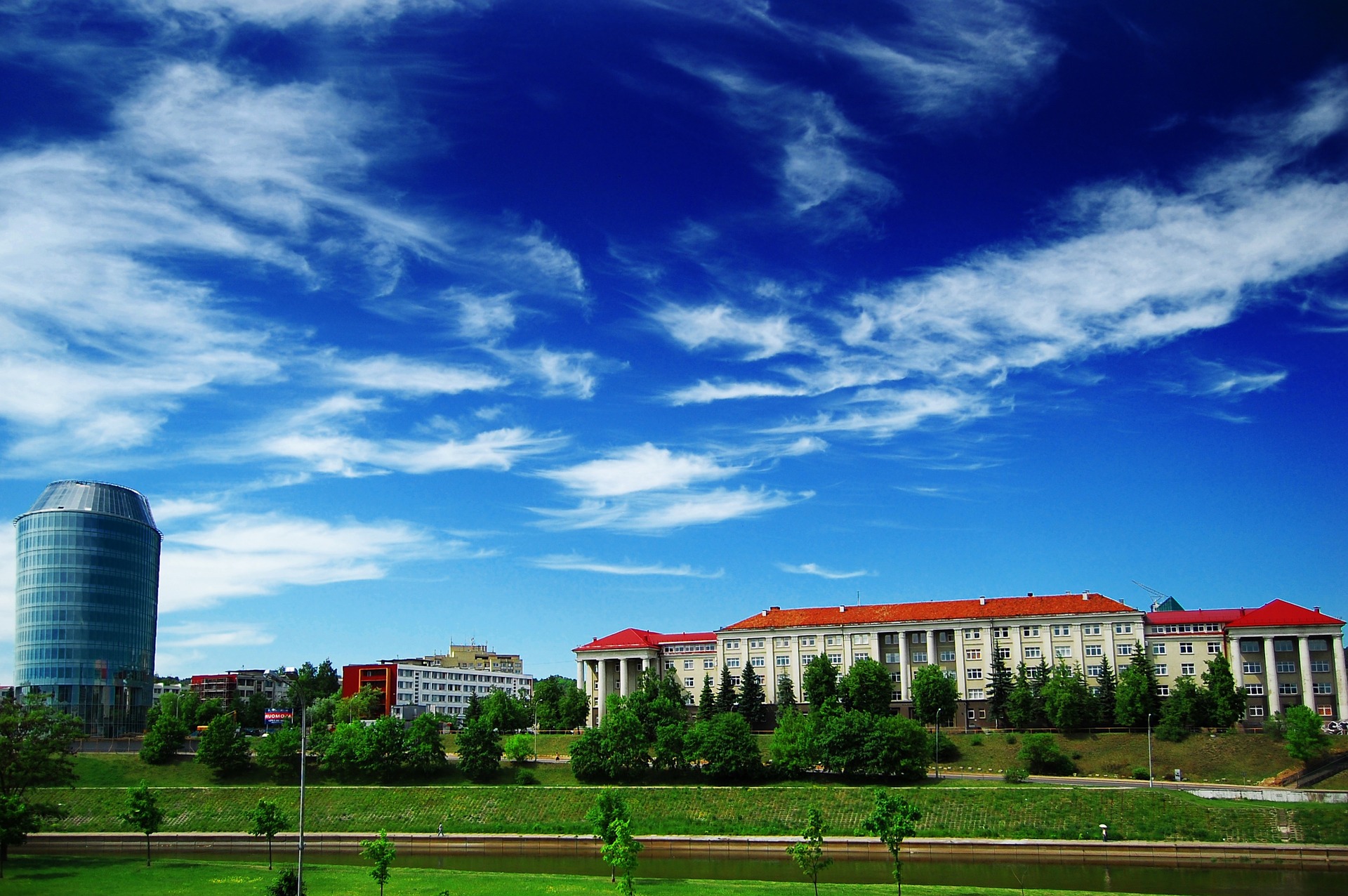
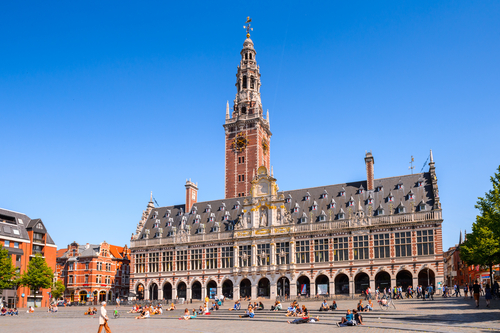


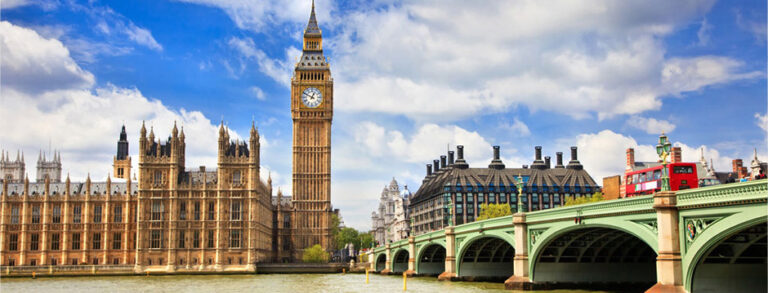
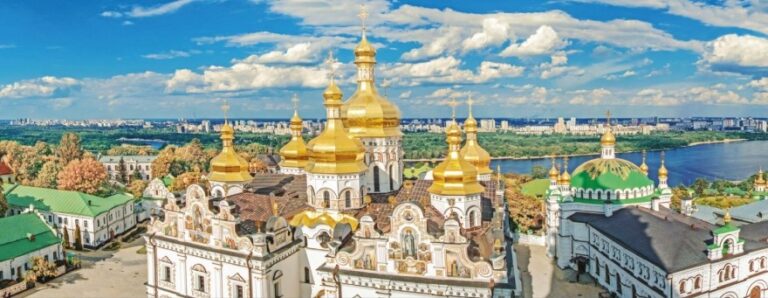
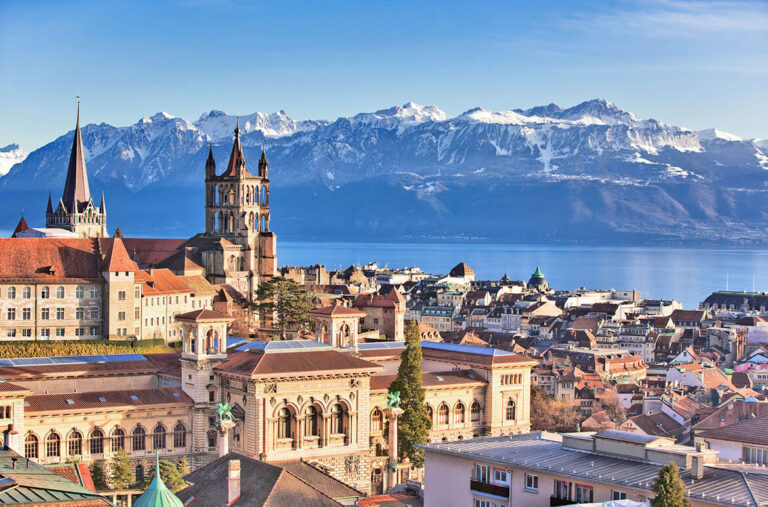
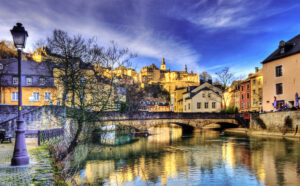
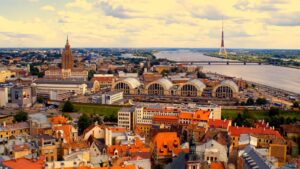
This book is a treatise on the theory of ethics, very popular during the Renaissance.
The first line of Lorem Ipsum, “Lorem ipsum dolor sit amet..”, comes from a line in section 1.10.32.
The standard chunk of Lorem Ipsum used since the 1500s is reproduced below for those interested.
The point of using Lorem Ipsum is that it has a more-or-less normal distribution of letters, as opposed to using ‘Content here, content here’, making it look like readable English.